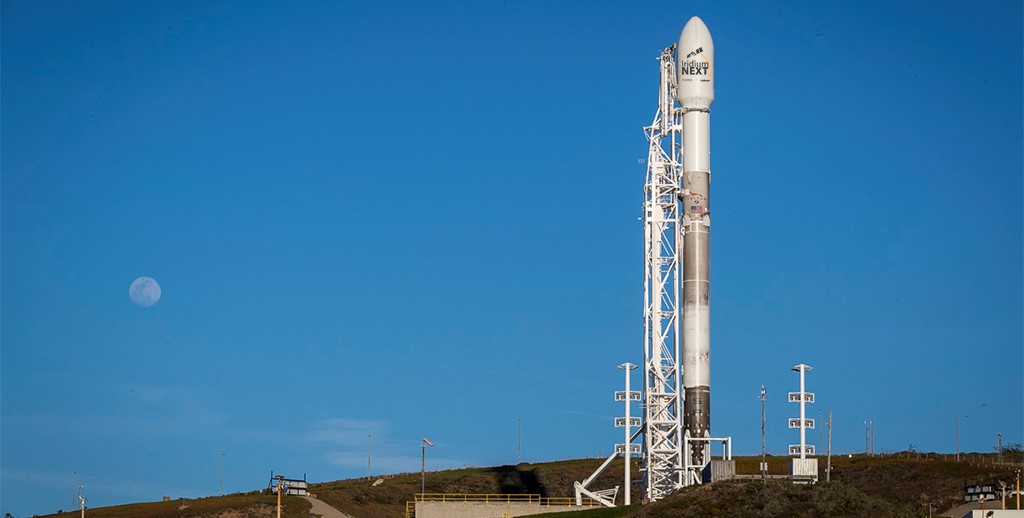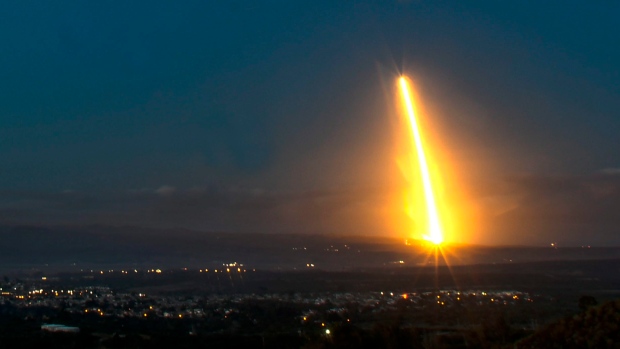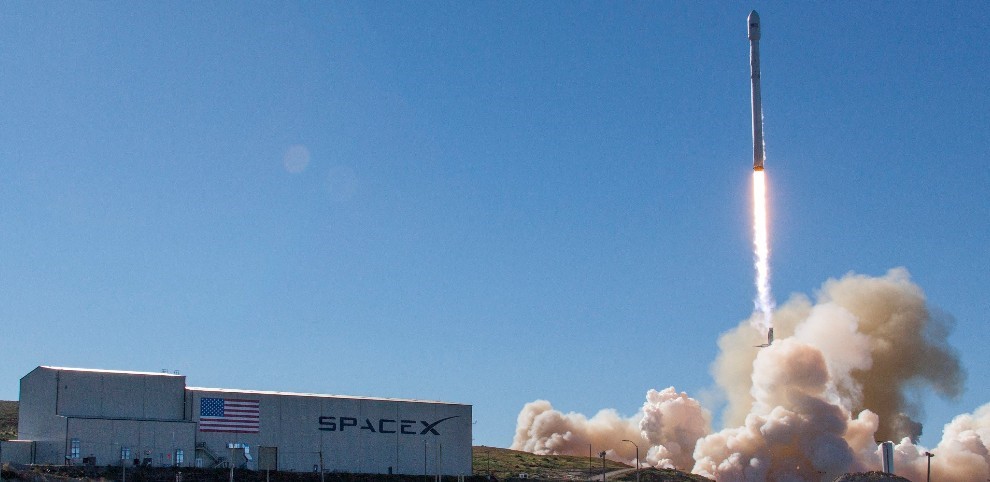The Satellite phone industry may have a far reach, but in reality the selection within is much smaller. When we sit down with a client to help select a device there is a series of questions we ask which narrows the field heavily. The four satellite phone networks used worldwide (Thuraya, Globalstar, Inmarsat, and Iridium) all have pros and cons, and it's important to make sure you've got the right device for your needs.
Having some understanding of each of the networks and the systems they use to get your communications through can help make your choice.
Thuraya
Thuraya is based out of the UAE and services 162 countries in Europe, the Middle East, Africa (Excluding South Africa), Asia, and Australia. Their coverage does not include the Americas, the poles, and the vast majority of water mass on earth. Thuraya works with many cell providers in these areas to ensure connection, and some of their phones are GSM (a type of cellular signal) capable.
Thuraya uses two satellites to cover this area, both put up in the mid 2000s. Thuraya does not intend to expand it's network coverage beyond the current footprint. Their phones are assigned an "international" number.
Globalstar
Globalstar is a USA based company with a number of other international headquarters. Their network services the majority of earth's landmass, with a few "blackout" areas. Though their network covers some water mass, most of it is considered "fringe" coverage, which can suffer in network connectivity. Globalstar has been hindered from the beginning by first a launch failiar causing the loss of some satellites, then premature failiure of some of their in-orbit units.
Though they have launched newer satellites to try and compensate since, the network still suffers from gaps, dropped calls, and a lower reliability then the other networks. Globalstar has entereted the market with lower cost phones hoping to secure more economical customers, but in our experience the price of the plans is usually cost prohibitive when compared to a more reliable network. Their phones are assigned from local area codes.
Inmarsat
Inmarsat, originally "International Marine Satellite" is a British company, and by far the biggest of the four. They offer worldwide access to their network, excluding the poles, and main interests lay with the data side of communication. Their phone service is commonly used on boats around the globe. Due to using three "Geostationary" satellites which from our perspective on earth appear not to move. These satellites are a large distance from earth, allowing for good coverage.
The largst Issue with Inmarsat is needed "Line of sight" to one of the three satellites. If you have a large obstruction between you and that satellite the device simply will not work. This is most commonly seen in mountain ranges, valleys, or closer to the poles. Thier phones are assigned "International" numbers.
Iridium
Iridium, based out of the USA, would be considered the most reliable of the four. It uses 66 low orbit satellites which complete a web around the entirety of the earth. They are strictly voice comm satellites used by many militaries included the USA and Canada. The satellites are reaching end of life in 2017/2018 but are being actively replaced with newer ones with launches by SpaceX.
This system is by far the most common for emergency communication due to it's reliability. The phones are tested and meet military standards for IP rating (Ingress protection) which measures dust and water intrusion.
Choosing which network is based off a few vital peices of information.
Where are you going? Many trips visit multiple locations.
What is the terrain? This can impact the use of some of the devices, and is important to understand. Mountains, open water, valleys.
Conditions of the area? Extreme cold or heat, water moisture or dust.
What situation will the device be used in? Do you require it for business, basic talking, or emergency backup.
Who will you be calling? Some networks cannot call certain phone numbers like toll free or 911.
Here are some common uses, and the appropriate networks for them:
Emergency backup while in the mountains: Iridium is by far the most reliable network for any type of mountain use.
Open Water (Sailing or cruise): Inmarsat and Iridium both service this use quite well.
Hunting, Fishing, or Trapping in North America: Iridium is most often used for this, but Inmarsat may also work.
Travelling to Africa or the Middle East: Thuraya is extremly suitable, especiialy if others you are contacting are using it.
Once You have selected an appropriate network, you must then choose a device.




 Iridium® Makes it Easier to Extend the Internet of Things (IoT) Beyond Cellular Limits
Iridium® Makes it Easier to Extend the Internet of Things (IoT) Beyond Cellular Limits  Second Set of Iridium® NEXT Satellites Arrive in Orbit and Provide Telemetry
Second Set of Iridium® NEXT Satellites Arrive in Orbit and Provide Telemetry
Comments